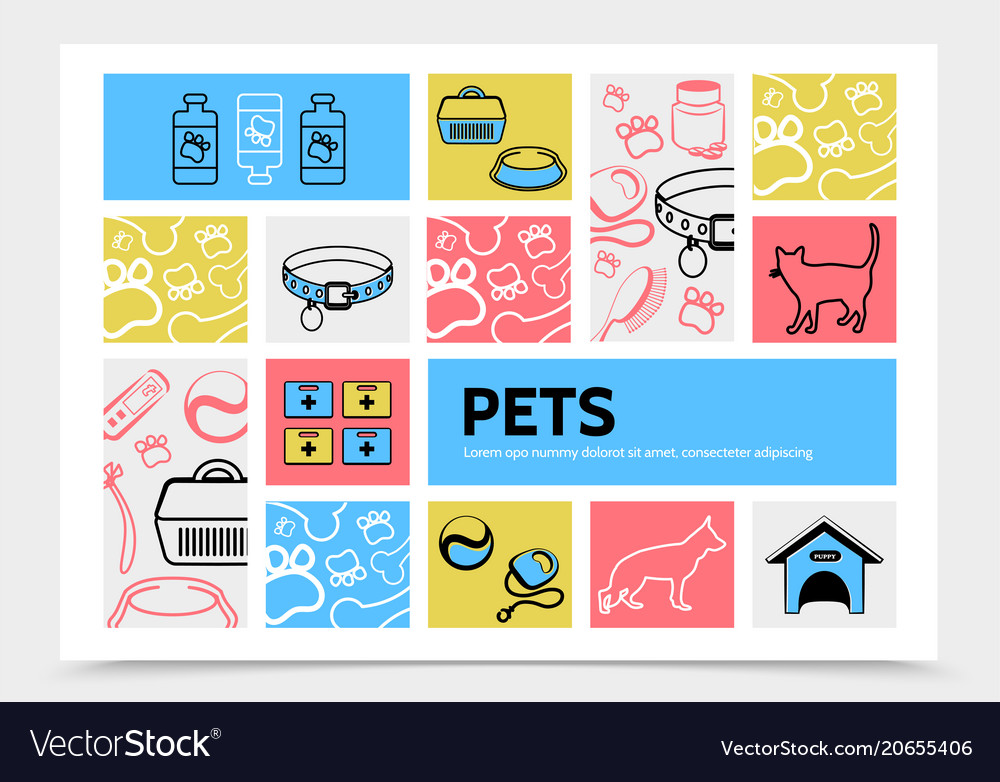Possibilities are that if your dog is regularly revealed to other pets, even if they're appropriately vaccinated, they might get back with some kind of ailment. Inoculations, regular vet examinations, and good health practices can decrease danger factors for infection and illness.
Stressed or anxious canines can develop gastrointestinal problems and other health issues that are quickly spread between canines. Establishing age restrictions and behavioral rules can help guarantee that only healthy canines enter your facility.
Distemper
Canine distemper is a major and typically fatal virus that attacks a dog's respiratory, digestive, skin and body immune systems. Pups are specifically at risk and can get the condition with direct contact with an infected animal or via the air-borne transmission of infection fragments sent out throughout coughing, sneezing or taking a breath.
The incubation duration for canine distemper is between 3 and 7 days. While puppies at day care might appear to capture parvo from one more infected canine, it's unlikely since the incubation duration is so brief.
While there is no remedy for canine distemper, helpful care can help dogs recoup. This consists of fluids, prescription antibiotics and medications to control seizures. The Drake Facility for Vet Care notes that symptoms include dripping eyes and nose, looseness of the bowels, vomiting, loss of appetite and neurological troubles such as twitching and shakes. Young puppies need a full inoculation collection and yearly boosters to protect them versus this illness, which is why credible dog day care centers call for updated vaccinations.
Kennel Cough
Kennel Coughing (Dog Infectious Tracheobronchitis) is a highly transmittable top breathing condition brought on by germs and viruses. It spreads out with airborne beads from a cough or sneeze, direct call, and sharing of polluted objects such as playthings or water bowls. It is native in places where several pet dogs are housed close together, such as kennels, canine parks, grooming hair salons and programs. Several vaccinations are offered to safeguard versus the microorganisms that cause kennel coughing, and appropriate hygiene techniques can assist prevent infection.
The timeless sign is a dry, hacking coughing similar to that of a goose honk, and the majority of canines recover dog boarding near me prices with little treatment. However, extreme situations can lead to pneumonia, and pups or canines with pre-existing illness go to higher threat for problems. To speed up healing, use a harness as opposed to a collar while your canine is recouping to prevent irritation to the windpipe. A humidifier might also aid to moisten the air and protect against dry coughing.
Parvovirus
Parvovirus (CPV) is a significant illness in dogs. It resembles feline panleukopenia (feline distemper), but it's a lot more fatal and can spread out rapidly amongst canines as a result of its incredibly resistant nature.
This virus strikes the digestive lining of a pet dog, destroying it and triggering bacteria to dismiss right into the bloodstream. The damaged immune system and frustrating bacteria cause septic shock, which is usually deadly.
Fortunately, vet hospitals use effective treatment for parvovirus. These drugs are given straight into an individual's blood stream and targeted towards the certain strain of parvovirus. This treatment approach is highly efficient and helps retrain the body immune system to fight off the infection. Pet dogs with extreme signs are usually hospitalized for several days for tracking and extensive care to guarantee their survival. Pups, unvaccinated canines and pet dogs with weak immune systems are especially prone to parvovirus. This is especially true for pups born to stray moms and sanctuary environments, where they are subjected to several other ill and prone dogs.
Canine Flu
Pooch influenza (CIV) is an infectious respiratory system disease that can be caused by pet dogs sharing infected surfaces or direct contact with breathing secretions. CIV spreads conveniently in environments where there are high numbers of pet dogs, such as pet parks, daycares, grooming centers and vet facilities.
Infected canines lost the infection through aerosol respiratory droplets when coughing or sneezing, and might infect objects they come into contact with like cages, toys, food bowls, chains and the hands and apparel of individuals who handle them. Canines can likewise be "quiet carriers" spreading the virus without showing any type of signs and symptoms themselves.
Symptoms of canine influenza include sinus and eye discharge, coughing, high temperature, anorexia nervosa, and weak point. The infection can progress to pneumonia, which can be fatal in some canines. PCR viral screening is offered for verification of infection. Preferably, examples (usually deep nasal or pharyngeal swabs) for PCR testing ought to be gathered within 4 days of the start of professional indicators.
